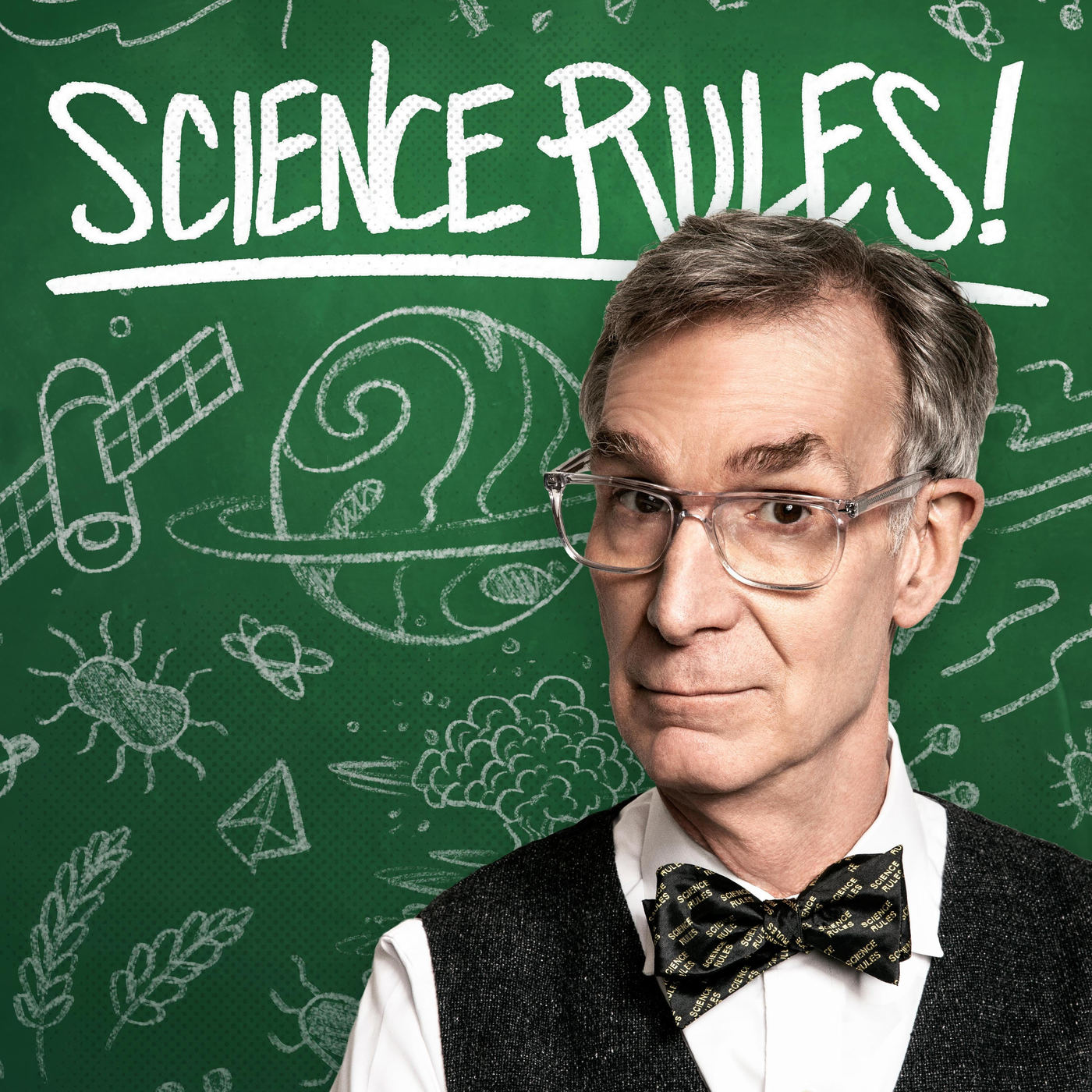Aging is not inevitable. We can do a lot about aging, and the most important thing to do is increase the healthspan. Our lifespan is about 115 years, but we often die before the age of 80 due to suffering from diseases. We have about 35 more years that we could scientifically understand better. It’s all about health, not diseases.
Yes. Those who live older spend less time being sick as they reach the end of their lives. Their accumulations of diseases are 20 or 30 more than our controls. Our controls without longevity, reveal that only 10% of them do not have a major disease. Over the age of 100, 30% of people don’t have a disease.
Dr. Nir Barzilai says that exercising is number one. It’s always good to exercise no matter what age or sex. The second factor, he and his team are currently experimenting on rodents. He says we need some caloric restriction of fasting if we want defense for aging of biology.
No. Although it’s not confirmed, Dr. Nir Barzilai states that he doesn’t think the length of telomeres are the major cause of longevity. Using rodents as an example, if you increase their lengths, most of them will develop cancer. If you shorten them, they don’t age— at least not in the first generation.
Ideally, you want to be somewhere in the middle of the lengths. According to Dr. Nir Barzilai, people with longer telomeres for their age have an increased chance of developing cancers. Those with short telomeres have an increased chance of developing cardiovascular diseases.
Dr. Barzilai says yes, but he doesn't really believe that attitudes correlate with longevity. We think personality doesn't change, but with exceptional longevity, there are physiological changes. Offspring studies help measure personalities and changes, which he would be able to precisely tell us from those results.
It’s a psychological change in the brain that we should expect. Dr. Barzilai gives an example of a study done in the University of Pennsylvania where people were shown various slides. The results revealed that most people mainly remembered the good things in the slides, not the bad.
Dr. Barzilai thinks that wisdom is under appreciated. He enjoys his current age of 63.
Dr. Barzilai thinks we already have medications in human use that need to be repurposed. He does believe that in the future, we’ll have better drugs, combination of drugs, and we will be able to handle aging and healthspan much better.
The biggest myth is that people look and see aging better than their glucose or cholesterol level. People know there is a biology of aging, but they don’t understand that these can be targeted by the combination of lifestyle and drugs.
